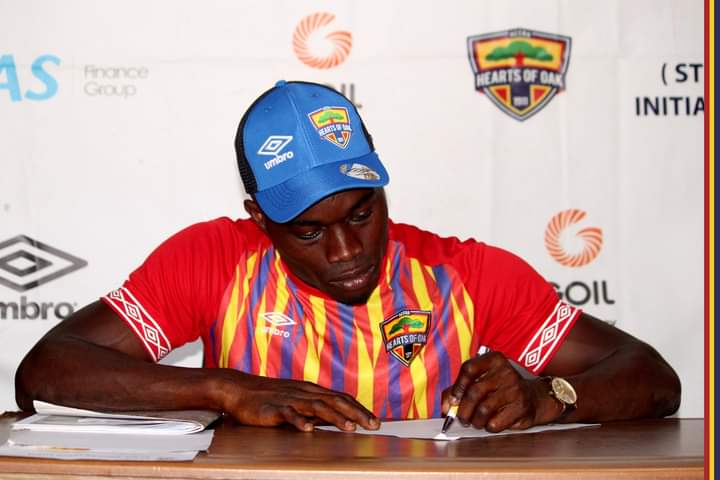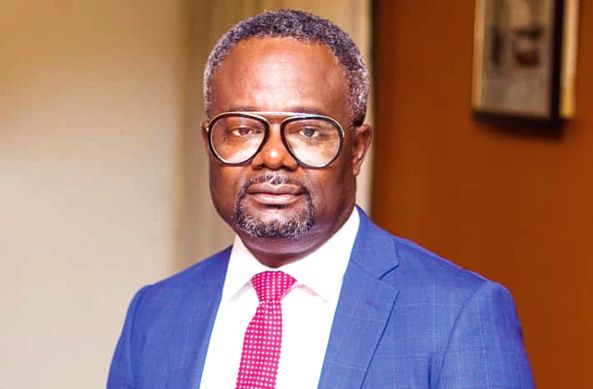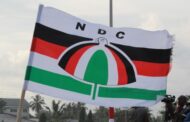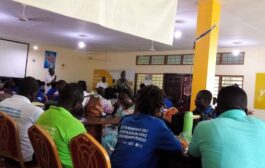A delegation had been sent by Ghana’s Parliament to investigate claims of money laundering leveled against Ghana which the European Union is threatening to blacklist the country.
The Chairman on the foreign affairs committee of Ghana’s Parliament, also Member of Parliament for Nsawam Adoagyiri, Frank Annor Dompreh disclosed that a delegation from Ghana’s Parliament has been sent to investigate money laundering allegations leveled against the Ghanaian mission in Brussels, the Capital of Belgium.
He mentioned Hon. member of Parliament for Ejumako/Enyan/Asiam doubles as the ranking member on the finance committee, Cassiel Ato Forson on behalf of the minority and Hon. Issah Fuseini who is a member of the finance committee also representing the Majority to proceed and investigate the matter on behalf of the foreign affairs committee and come up with their report to assist the committee in deciding on the matter.
In an interview with Mr. Annor Dompreh explained that the decision of selecting these two members for the investigation was based on their background and expertise in finance and believe that, their report would assist the committee to play their oversight responsibility properly.
The chairman explained that himself and his ranking member, Samuel Okudzato Ablakwa agreed to take such a decision by sending a delegation to Brussels to ascertain the truth or otherwise of the matter after communication had made to the finance ministry as to a decision to be taken in saving the image of Ghana on the matter based on the kind of sanctions that would be melted at those who would be found guilty, should it happens that, the money laundering allegations been circulated across the world about Ghana turns to be true.
Ministry of Foreign Affairs’ initial reaction
The Ministry of Foreign Affairs of Ghana in May this year stated the effect that, Ghana regrets the May 7, 2020 publication by the European Commission (EC) proposing to the European Union Parliament to add Ghana to its list of high-risk third countries with strategic deficiencies in their Anti-Money Laundering and Countering the Financing of Terrorism (AML/CFT) regimes. Ghana over the years has demonstrated a strong commitment to strengthening its AML/CFT regime.
The statement said, indeed, the Financial Action Task Force (FATF), the global standard-setting on AML/CFT has always acknowledged Ghana’s efforts in enhancing its AML/CFT regime at various platforms of which the EC is always represented.
Just as the methodology used to publish a similar list on February 13, 2019, which was eventually withdrawn due to lack of clarity and transparency in the process of identifying third countries, we consider the methodology used to come up with this new list once again unfortunate. It is instructive to state that, the European Commission has not engaged Ghana concerning any shortcomings that needed to be addressed nor was the country allowed to implement corrective measures. On the contrary, when Ghana’s progress report was being discussed at the last FATF Plenary meetings held in Paris, France on February 19-21, 2020, no adverse comment came from the EC. It is therefore a surprise that the EC would add Ghana to her list of high-risk third countries barely three months afterward.
Following the discussion of Ghana’s Mutual Evaluation Report by FATF during their plenary meetings in October 2018, FATF identified some strategic deficiencies in the country’s AML/CFT framework. FATF has thus worked with Ghana to draw up a two-year Action Plan (2019 -2020) which Ghana is on course to complete.
The country has since been having periodic face-to-face meetings with the International Country Risk Group ICRG to assess the progress of implementation of the Action Plan. The last face-to-face meeting was from 15-17 January 2020 in Rabat, Morocco. It is worth mentioning that, since the Action Plan was adopted, Ghana has consistently demonstrated a high level of political commitment to implementing the Action Plan and has always received positive commendations from the FATF. Indeed, the ICRG in their report to the FATF Plenary meetings in February 2020 acknowledged that all timelines due have been met and some action items addressed even ahead of their timelines.
The statement concluded that the European Commission’s proposal to include Ghana in their list of jurisdictions with strategic deficiencies, therefore, does not reflect the current status of Ghana’s AML/CFT regime. The EU’s blanket decision to include all countries on the FATF list irrespective of the progress made is unfortunate. The Government of Ghana is always ready to engage with the Commission about the true status of the country’s AML/CFT regime and efforts being made to strengthen the same. Ghana is confident about exiting the FATF list by December 2020 as per the agreed Action Plan with FATF. Ghana has an enviable reputation as a ‘Pillar of Stability’ in Africa and we are committed to ensuring that Ghana becomes the most attractive Africa destination for investment.
Source: Mybrytfmonline/Obed Ansah



















































